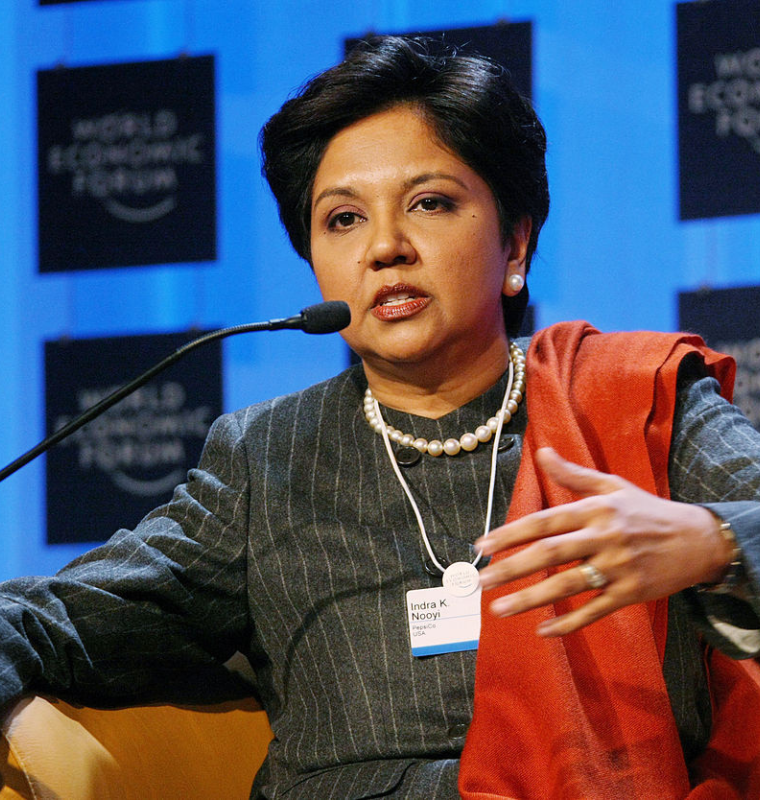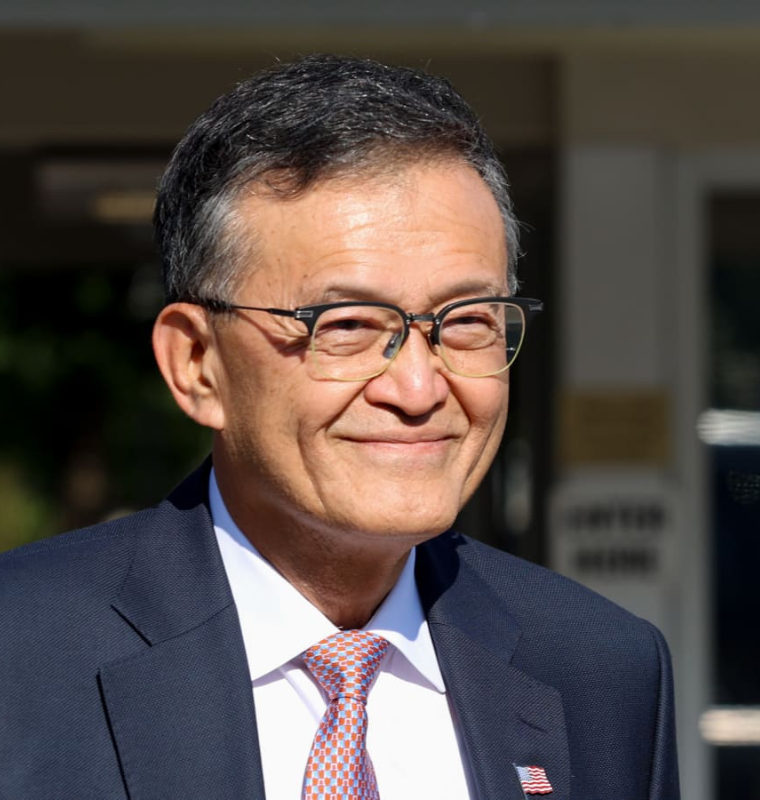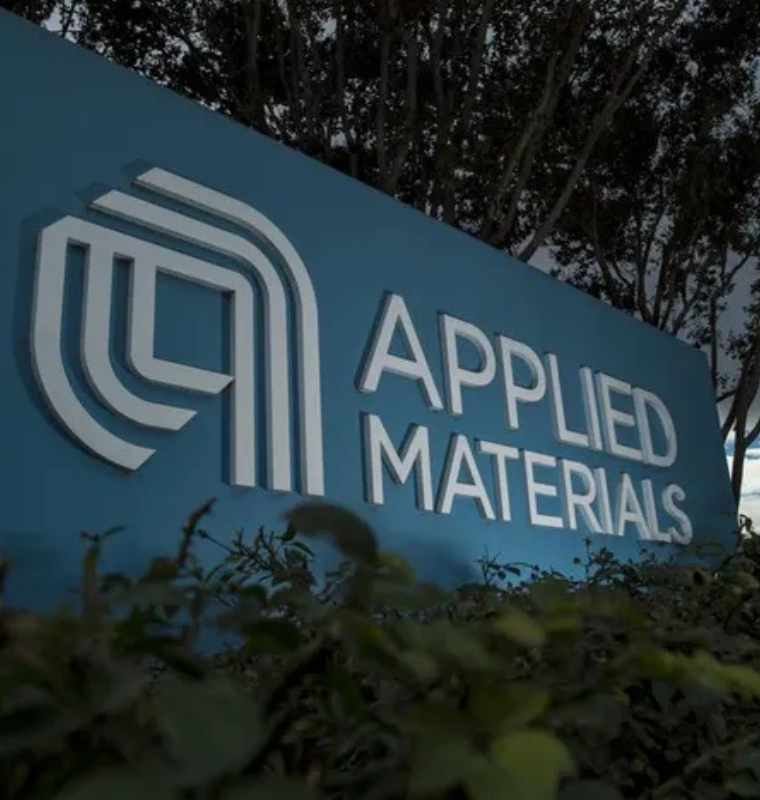Tianjin Talks Signal a Shift: Global South Eyes New Economic Era
Tianjin Talks Signal a Shift: Global South Eyes New Economic Era
By
David Goldfarb
Last updated:
June 26, 2025
First Published:
August 3, 2025

Photo: Tehran Times
Tianjin, China — While the world’s headlines focused on escalating conflict in the Middle East, a different kind of shift was underway at this year’s Summer Davos conference in Tianjin. The gathering, hosted by the World Economic Forum (WEF), revealed a deeper undercurrent — the emergence of a new world order shaped by the growing connectivity of the Global South and a move away from traditional dependence on the United States and Europe.
“The mood here reflects a changed world order. The Global South is more connected than ever,” said Ben Simpfendorfer, partner at consultancy Oliver Wyman in Hong Kong.
A Decade of Change: From East-West to South-South Trade
Ten years ago, the dominant flows in global commerce — including capital, technology, and labor — moved between East and West. Now, a seismic transition is underway. Emerging markets are increasingly exchanging goods and services with each other, building inter-regional trade and financial systems that bypass traditional Western channels.
The Global South — broadly defined to include countries across Africa, Southeast Asia, Latin America, and the Middle East — has become the focal point for countries like China, which is rapidly expanding its diplomatic and economic footprint across these regions.
“There are 130 neutral countries willing to do business across geopolitical divides,” said Aparna Bharadwaj, Managing Director at Global Advantage Practice, during a WEF panel. “Many of them are led by internationalist-minded leaders actively seeking partnerships.”
China’s Strategic Push
Premier Li Qiang of China underscored this shift in his keynote speech, urging greater trade among emerging markets to help “reshape the world order.” He emphasized that economic cooperation should not be driven by politics or security concerns but by shared development goals.
“We could be moving to a world where Asia and the Middle East emerge as a new economic bloc,” Simpfendorfer noted. “This bloc may remain loosely integrated with the West, but that integration will fluctuate.”
This vision aligns with China's long-term ambition to play a more dominant role in international trade architecture, especially through initiatives like the Belt and Road and Global Development Initiative.
Reviving Summer Davos
While the Summer Davos forum began in 2007 as a platform to connect Chinese markets with the world, its relevance had faded in recent years amid pandemic disruptions, U.S.-China tensions, and rising local competition within China.
But this year’s event saw a notable resurgence.
Crowds filled sessions on artificial intelligence, future economic outlooks, and WEF’s much-anticipated “Top 10 Emerging Technologies” report — now co-produced with the Dubai Future Foundation, marking a strategic shift from the forum’s previous partnership with Scientific American.
Global South’s Leadership Presence
The conference drew major political leaders, including Singapore’s Prime Minister Lawrence Wong, Vietnam’s Prime Minister Pham Minh Chinh, and Ecuadorian President Daniel Noboa Azín. Their attendance signals not just growing interest in China’s role as a convenor but also their shared urgency to diversify away from Western-centric supply chains.
Simpfendorfer explained that the U.S. tariff shock in recent years has served as a “wake-up call” for developing economies such as Malaysia and Vietnam, prompting them to reduce dependence on American markets and build intra-South trade alliances.
Navigating a Fragmented Global Economy
Still, challenges persist. Transitioning from a U.S.-dominated export model to a fragmented network of Global South markets requires infrastructure, regulatory reforms, and digital integration — efforts already underway in many countries.
For instance, Egypt is aiming to rank in the world’s top 20 most competitive economies by 2030. According to Investment Minister Hassan El Khatib, the country has rolled out a major reform package and is actively attracting global investors, citing its vast labor pool and engineering talent.
“It’s a wake-up call for Chinese multinationals too,” said Simpfendorfer. “The playbook of the last 20 years won’t work anymore. New strategies are needed, especially with the rise of AI.”
A World in Transition
As tensions between the U.S. and China remain unresolved, more nations are looking for neutral alternatives — economic partnerships that offer resilience without political entanglement. The dialogue in Tianjin suggests that emerging economies are no longer waiting for Western permission to lead — they are building a future of their own design.
Whether or not this shift becomes permanent will depend on the depth of cooperation and the sustainability of new alliances. But what’s clear is that Summer Davos 2025 marked a quiet but powerful moment in the evolution of global economic power.
Popular articles
Subscribe to unlock premium content
Indra Nooyi’s Strategic Vision at PepsiCo: Balancing Profitability with Purpose

Nike’s Direct-to-Consumer Revolution: How Cutting Retailers Boosted Profits and Control

Spotifys Playlist Power Turning Music Curation Into An Advertising Goldmine

Indra Nooyi’s Strategic Vision at PepsiCo: Balancing Profitability with Purpose

Nike’s Direct-to-Consumer Revolution: How Cutting Retailers Boosted Profits and Control

Indra Nooyi’s Strategic Vision at PepsiCo: Balancing Profitability with Purpose









